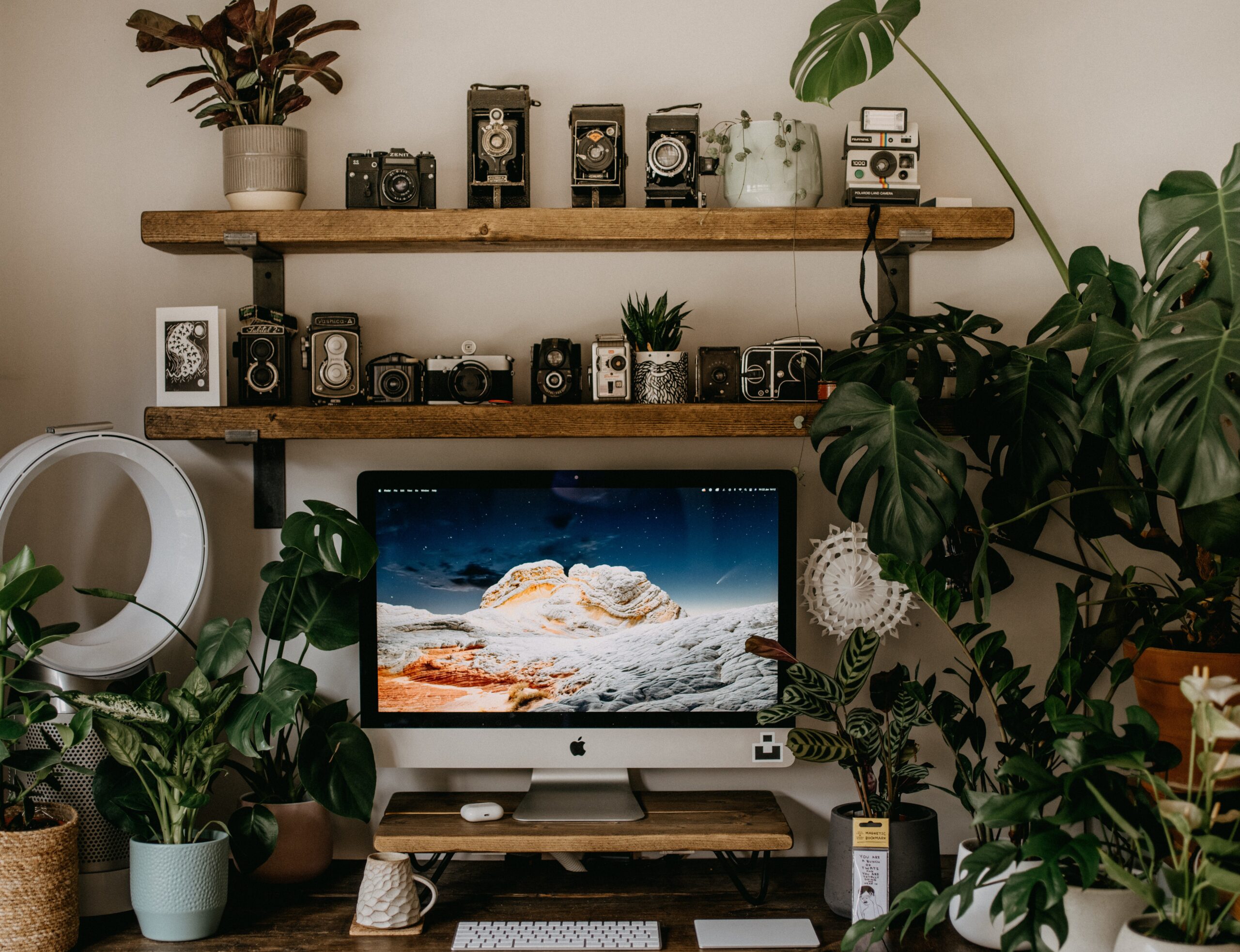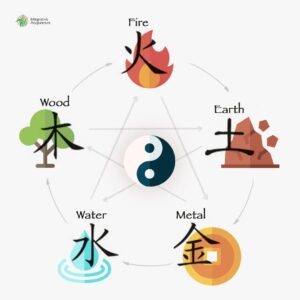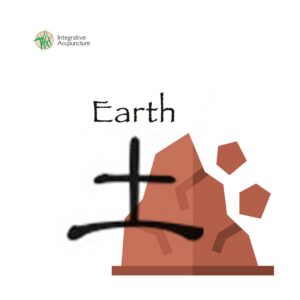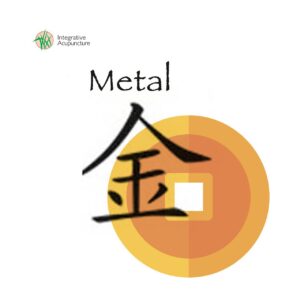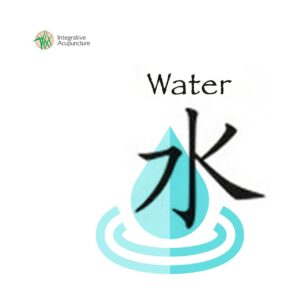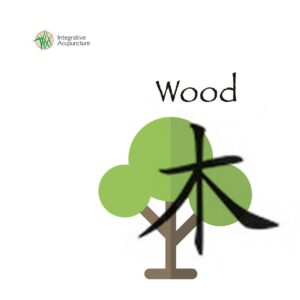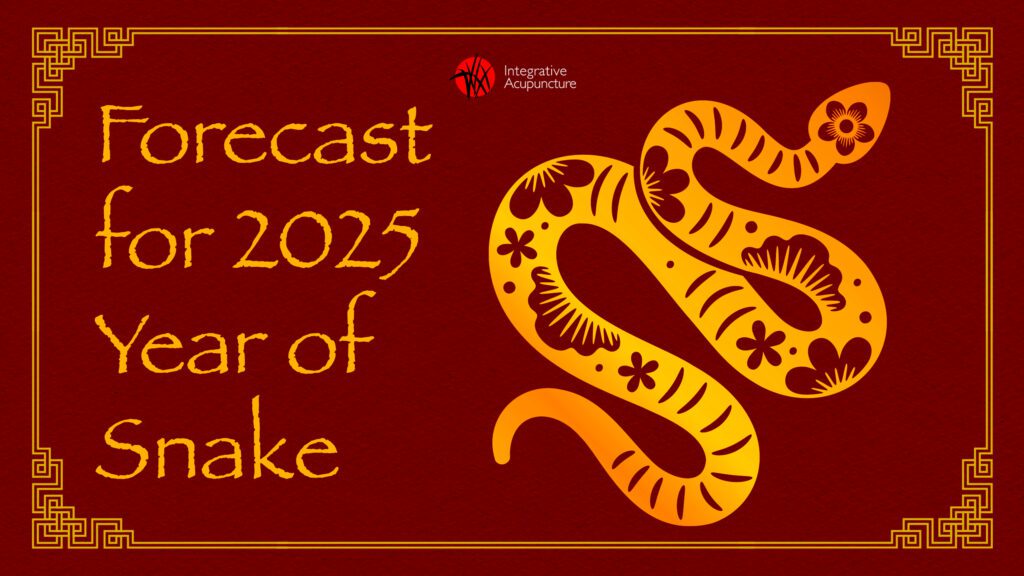You might have heard of Feng Shui referred to as a tradition that’s similar to interior design. However, in Chinese culture, Feng Shui is a complex and rich system. It is a practice intended to create harmony in our interior space, and relates to our personal energy, the natural world, and our environment.
The ultimate goal of Feng Shui is to create energized and balanced spaces by drawing in positive energy. It draws on a system of interactions and laws about how humans perceive our physical environment. The art of feng shui governs spatial arrangement and orientation in relation to the flow of energy or Qi (pronounced “chee”).
Wind and Water
The terms Feng (translates to wind) and Shui (translates to water) in Chinese tradition are the two natural elements free to move and circulate everywhere on earth. They are also considered to be the two most basic elements required for human life: water and air. The combination of wind and water determines our climate, and therefore food supply. These two free-flowing elemental qualities have profound effects on individuals and society as they affect our mood, lifestyle, energy, and health.
Derived from the Taoist philosophy and seen throughout Traditional Chinese Medicine, a Feng Shui principle is based in the “5 Element System.” These elements interact with one another constantly, creating balance and harmony or inciting chaos. Each element is associated with specific qualities, colors, and shapes that can then be used to influence qualities in your life and home.
Five Elements of Feng Shui
Fire
Shape: Triangle
Season: Summer
Focus: Passion / High Energy
Earth
Shape: Square
Season: Transitional Periods
Focus: Stability / Nourishment
Metal
Shape: Circular
Season: Autumn
Focus: Clarity / Precision
Water
Shape: Curvy / Wavy
Season: Winter
Focus: Career / Movement
Wood
Shape: Rectangular
Season: Spring
Focus: Growth / Vitality
Where you spend most of your time during the day has an impact on your emotional and physical health. Consider these 5 simple tips to bring more life and energy back into personal and professional spaces.
5 Tips for Better Energy from Feng Shui
- Stay away from poison arrows. Angled furniture creates what is called poison arrows, the attacking energy in Feng Shui that can deplete and weaken your energy. Reposition your furniture so there are no sharp angles pointing at you while you work. You can also place a plant or another item in front of the sharp corners to neutralize this bad energy.
- Pay attention to Feng Shui Backing. If your back is to the door or a window, your energy may feel weak. You can create strong Feng Shui Backing by placing a row of plants behind you or repositioning your office chair so you have a wall at your back.
- Create nourishing energy in your working space with high-energy images. Hang art or photos that bring you happy, uplifting memories to nourish your energy at work.
- Organize and de-clutter. Only leave the items really needed on the desk and create some room to breathe.
- Energize your space with plants. Plants bring energy from nature into your space and can also purify the air, depending on the species. We suggest spider plants to help purify the air.
What Element Are You?
 Each of the 5 Elements of Feng Shui are also the elements of personality. Check out our Five Element Quiz to find out which element you are and receive a free handout with diet, acupressure and yoga recommendations for you!
Each of the 5 Elements of Feng Shui are also the elements of personality. Check out our Five Element Quiz to find out which element you are and receive a free handout with diet, acupressure and yoga recommendations for you!

